Horseshoe crabs have been around for over 450 million years, yet they’ve turned out to be a present day miracle for modern medicine.
Given how valuable horseshoe crab blood is to laboratories, animal activists have started a petition asking medical companies that “borrow” horseshoe crabs to care more about the crabs’ wellbeing.
As Care2’s Jessica Ramos has explained, horseshoe crabs have blood that contains Limulus Amebocyte Lysate (LAL). Scientists have discovered that this “magic” LAL is especially useful because it clots around otherwise undetectable bacteria, thereby identifying whether drugs/medical instruments are contaminated.
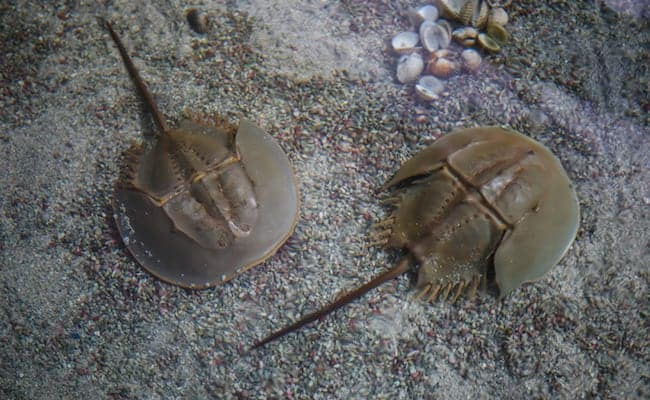
Legitimately every medicine you’ve ever taken has been tested with the help of LAL, so you can thank horseshoe crabs for keeping you healthy and safe.
LAL blood cells aren’t found in any other species in the world, which means that laboratories are completely reliant on live horseshoe crabs to test for infections. As such, U.S. medical companies used over half a million crabs to harvest their LAL.
How are the horseshoe crabs treated?
To obtain LAL, medical communities hire people to gather up horseshoe crabs from the ocean. Once the crabs are at the facility, scientists take up to 30 percent of the crab’s blood. Afterwards, the crabs are sent back in the ocean, where they are assumed to lead healthy lives.
However, in recent years, concern for the horseshoe crabs has amplified. Though it was always understood that a small percentage of crabs would not survive being bled and reentering the ocean, Scientific American reports that crab fatalities have probably been underestimated, with upwards of 30 percent of crabs dying after having some blood removed.
To this point, authorities haven’t put any limitations on how many horseshoe crabs that laboratories can pull from the water because they ultimately return them to the water. That may need to be reconsidered given how many of them wind up dying within days of returning to the ocean.
What are the ethical worries?
For starters, horseshoe crabs as a species are hardly thriving. The International Union for Conservation of Nature has them classified as “Near Threatened,” with advocacy groups looking to bump them up to “Vulnerable.”
Worse still, research has indicated that female horseshoe crabs that have been bled for their LAL have a more difficult time reproducing. That obviously cuts down on the long-term prospects for the horseshoe crabs to get their population back up.
Though more research is necessary to pinpoint the precise problems, scientists suspect that the poor survival rate of horseshoe crabs that have been bled could be attributed to factors such as the amount of blood taken from the crab or the amount of time the crabs are outside of their natural habitat – sometimes as much as three days.
What needs to be done?
If, indeed, the horseshoe crabs can fare better if less blood is taken out, or the amount of time they spend outside of the ocean is minimized, the medical community should feel obligated to study these factors and implement new standards.
Given that horseshoe crabs are the only known source of LAL, it’d be foolish for humanity to recklessly handle the crabs and allow the population to dwindle. Were scientists to no longer have easy access to LAL, that could jeopardize the future of medical research.
Still, it shouldn’t all be about self-interest and preservation. Humans should feel in debt to horseshoe crabs for this invaluable resource they provide. It’s embarrassing to think we can steal their blood to keep us healthy and then throw them back in the ocean with little regard for whether they can survive.
If you agree that it’s time to start handling horseshoe crabs with a higher set of regard and ethics, please sign this popular Care2 petition.
This article was first published by Care2.com on 10 May 2017.
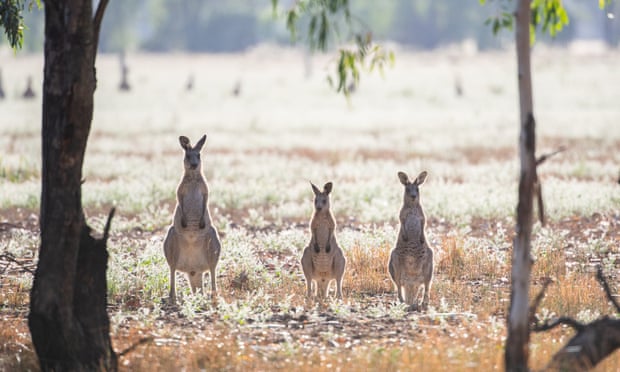
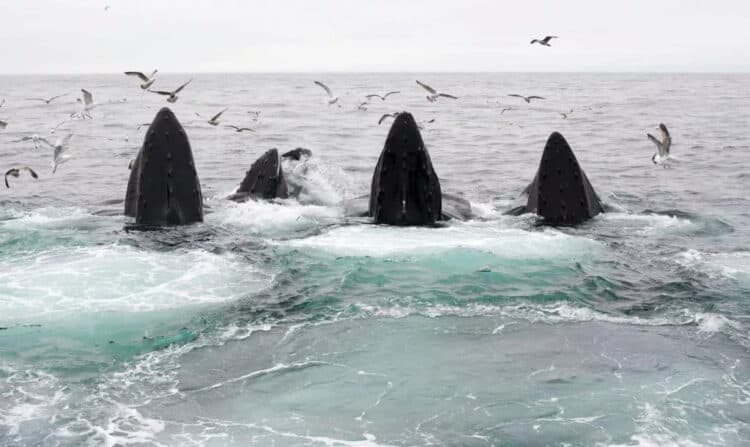
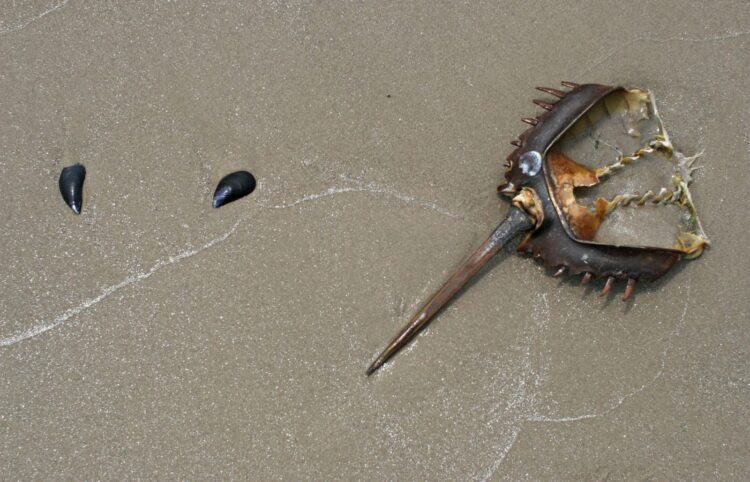
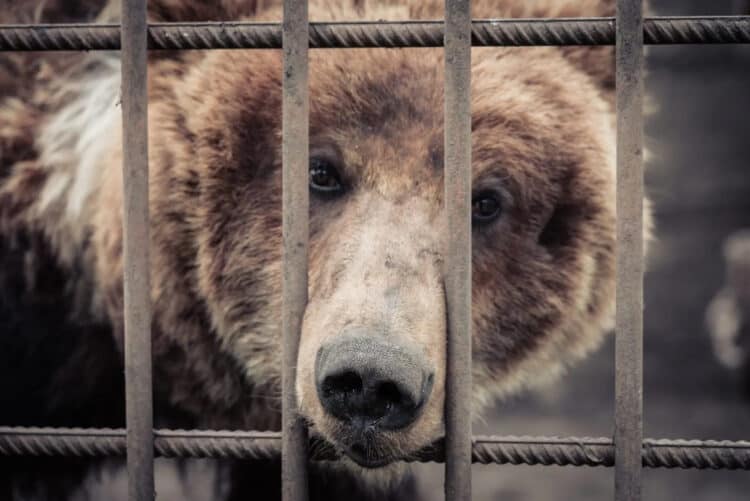
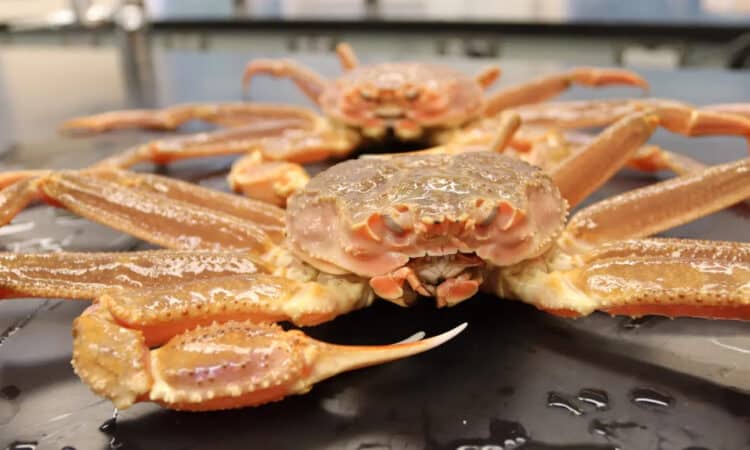
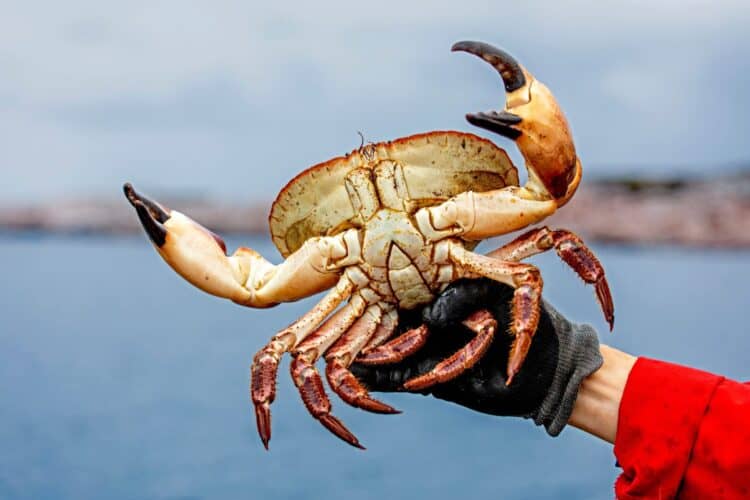
Leave a Reply